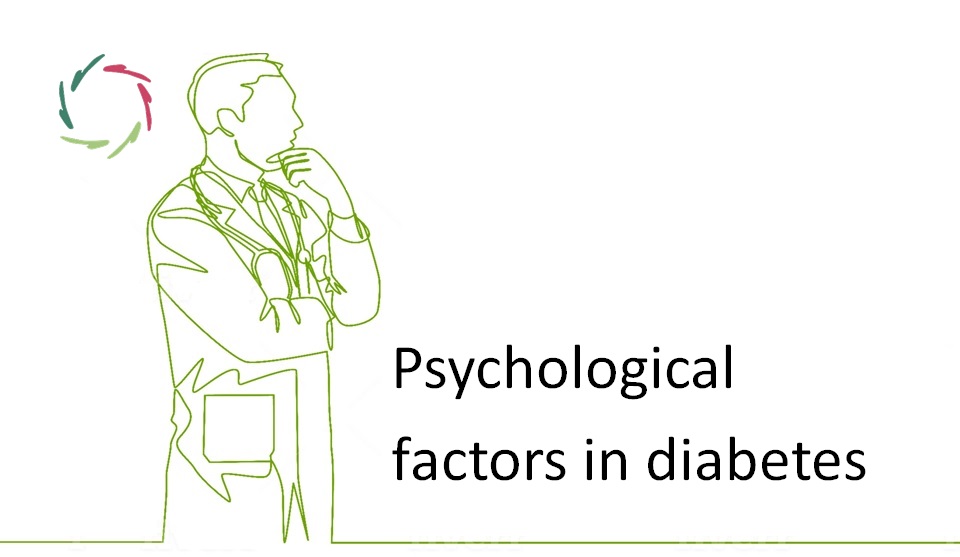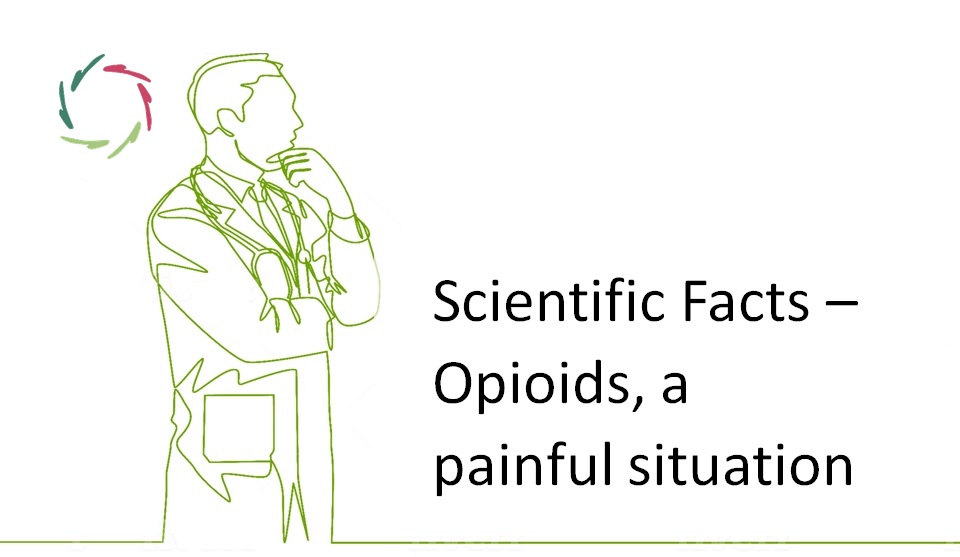Psychological factors in diabetes

According to the International Diabetes Federation, over 8% of the world population (415–420 million people) currently have diabetes, with prevalence expected to rise to 10.4% (642 million) by 2040 [International Diabetes Federation, 2015; World Health Organization. Global report on diabetes, 2016]. In 2015, health spending on diabetes represented 12% (USD 673 billion) of global health expenditure.
Several studies have revealed that blood sugar content can as well be increased as decreased by stress. This effect has been noticed with healthy people and diabetics alike. In animal studies, it was also shown that stress in itself can heighten the chance of temporary and permanent diabetes type I [Capponi et al., 1980] and type II [Mikat et al., 1972]. A well-controlled study showed that human diabetics had gone through significantly more serious stressing events in life in the three years before they were diagnosed [Robinson et al., 1985].
Depression is the most commonly researched factor in diabetes. Results from two meta-analyses of longitudinal studies indicate that clinical depression is associated with 37–60% increased risk of developing diabetes [Mezuk et al., 2008; Knol et al., 2006]. Prospective evidence also suggests that elevated depressive symptoms are related to the subsequent incidence of diabetes [Pan et al., 2010; Demakakos et al., 2014].
These studies do not prove causality. One possibility is that diabetes and depression share common etiological factors. Nevertheless, depression in diabetes is a considerable threat to the quality of life in people with diabetes and has been associated with suboptimal glycemic control and nonadherence to treatment regimens, as well as with complications of diabetes [Hackett et al., 2016].
The current estimates of the worldwide prevalence of depression indicate that 350 million people suffer from it. The worldwide prevalence of diabetes is estimated to be more than 400 million people. The prevalence of depressive disorders in diabetics is in the general range of 10% to 15%, which is approximately twice as high as the prevalence of depression in nondiabetics [Sartorius, 2018]. In diabetic patients, depression remains underdiagnosed. An important aspect for the diabetic specialist would be the awareness of this common co-morbidity [Bădescu et al., 2016].
Relaxation exercises with people with diabetes give mixed results. In a study by Surwit et al., a definite improvement of the blood-sugar content was spotted in diabetics type II. This study also predicted the degree of improvement based on psychological variables [Surwit et al., 1993].


